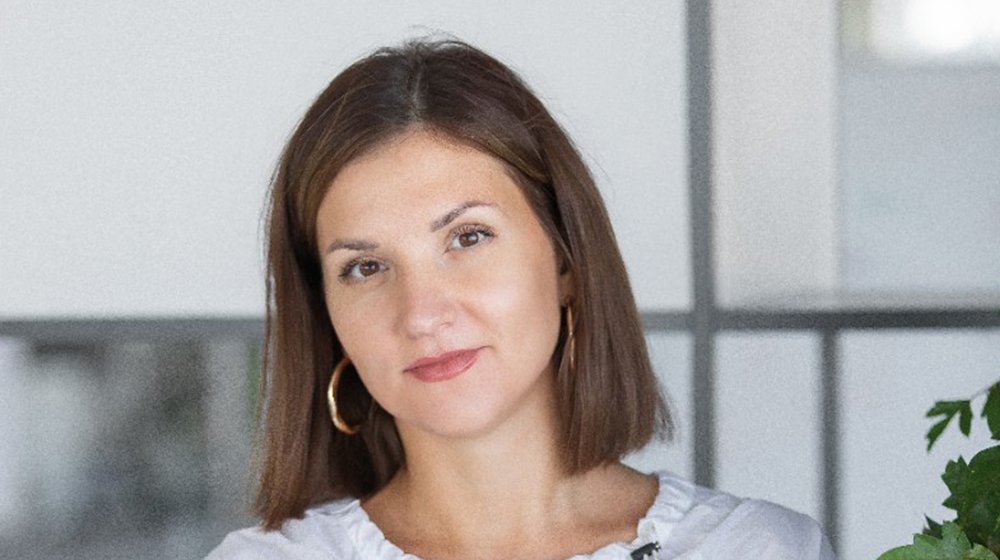Meeting fatigue is real and global businesses are taking notice
13:21 - 27 March 2023

Having too many meetings at work is counterproductive and can lead to what is known as “meeting fatigue”, which is why many global organisations are now trialling meeting-free days and capping attendee numbers.
In an article published in The CEO Magazine, the Chief Human Resources Officer at Limassol-based TheSoul Publishing, Aleksandra Sulimko, explores how reducing meetings can benefit organisations.
“With executives spending an average of 23 hours per week in scheduled meetings, and research showing that 70% of meetings keep employees from completing their tasks, the need to reform meeting culture is clear,” Sulimko explains. “An increasing number of global organisations trialling meeting-free days and capping attendee numbers has given rise to speculation about how to tackle meeting fatigue effectively. Many are questioning what internal communications will look like with fewer meetings or no meetings at all.”

TheSoul Publishing implemented a no-meeting and no-email policy in 2019, and it has seen the benefits this approach has had on its productivity, communication and morale, said Sulimko. “But to see these results, a no-meetings model must go further than simply cancelling diary invitations. Companies should consider building a culture around no meetings, with the infrastructure and tools to ensure that communication doesn’t suffer, but thrives instead.”
As she points out, meetings can hold up progress, especially for teams who operate across time zones. “Employees tend to suspend taking action until the next time they can touch base with their team, which creates bottlenecks. If employees put their individual tasks on hold to accommodate meetings, spend hours on Zoom calls and have little time for heads-down work, these are tell-tale signs that too many meetings are being held.”

So she says a no-meetings model can provide a solution for organisations looking to bolster productivity, refocus communications and boost morale. “We’ve found that, without meetings, communication is incredibly clear, focused and effective,” said Sulimko. “Misunderstandings and internal conflict are minimised by communicating through team-level project management tools. These transparent, collaborative tools mean that our employees don’t have to recall something said in a group setting and can instead refer to previous projects to find the answers.”
Removing meetings restores control to the employee, she added, enabling them to determine their schedule and maximise their productivity by working at a time and place that suits them best.
“There are clear benefits for productivity, too. In a pro-meeting culture, if an employee is most productive earlier in the day and a meeting is scheduled on their calendar during that window, it can derail their workflow,” she explains. “Removing meetings restores control to the employee, enabling them to determine their schedule and maximise their productivity by working at a time and place that suits them best.”
Furthermore, without meetings, organisations can invest more in creating an inclusive and celebratory workplace culture that fosters wellbeing. “By opening up channels of communication, there is a reduced risk of employees feeling excluded or undervalued,” says Sulimko. “At TheSoul Publishing, we celebrate milestones with our entire team by circulating videos throughout our organisation, so all our employees are made aware of, and share in, the success and journey of our company. We also created a ‘Kudos Wall’ channel on Slack where teammates can publicly congratulate and show appreciation for each other.”
As with every huge business model change, it was a risk; but one that ultimately proved worth taking for TheSoul Publishing. “Admittedly, we weren’t sure it would take off but, after a couple of years, the engagement levels are incredible, and the positivity continues to flow,” says the company’s Chief HR Officer.
So how did it work? “The transition to a no-meetings model can’t take place overnight because a cultural shift, which goes beyond simply cancelling meetings, is required,” Sulimko explains. “It’s essential that leaders provide employees with the right education, tools and infrastructure to support a no-meetings approach. At TheSoul Publishing, our goal was to maximise autonomy and flexibility for our remote-first workforce. As such, we created an asynchronous communications process, switching from emails and meetings to company-wide project management and communication tools.”
There are a number of advantages of adopting an asynchronous communications model. “Project management tools allow us to provide highly-defined actions to our team, which help to structure their workflow and maintain task focus. For our remote-first workforce, these tools promote transparency and enable managers to monitor progress, while also allowing team members a high degree of personal responsibility as they’re able to organize their own work days,” says Sulimko. “By removing the demand to respond immediately, employees are afforded the time and space to refer to past projects and formulate clear, coherent responses via written communication.”
Nonetheless, flexibility is also an important part of the model, and there may be times when a meeting is unavoidable. “To ensure that unnecessary meetings don’t slip back into calendars, it’s important to have a clear protocol for assessing the value of any proposed meeting. Here at TheSoul Publishing, our employees must initially try to resolve the issue without a meeting, using the company’s project management software. If they can’t resolve it asynchronously, the employee must create an agenda and request the meeting at least 24 hours in advance.”
The meetings at TheSoul Publishing are usually limited to two people and for up to 30 minutes. “Afterwards, detailed notes are posted in the project work, so everyone can benefit, and recordings of Zoom meetings are posted in their entirety,” Sulimko explains in the article.
So what is the verdict for the no-meetings model? As Sulimko points out, many companies – especially those with a remote-first workforce – can benefit from reducing meetings. “Meeting-free days or limited meeting numbers are a first step, but they’re not enough to tackle meeting fatigue and productivity bottlenecks,” she says. “To truly see the benefits of a no-meetings policy, companies need to invest in the right infrastructure and cultivate a shared culture around the approach among their employees. Once this is in place, leaders should lead by example in operating under a set of clearly defined asynchronous communication processes. When their teams understand, and buy into, a company-wide culture built on asynchronous communications, the no-meetings approach will likely lead to positive results in productivity, communication and morale.”
TheSoul Publishing is an award-winning digital studio that produces entertaining, positive and original content for a global audience. It is headquartered in Cyprus with an international production team spanning more than 70 countries and six continents. One of the world’s most prolific and popular online media companies, TheSoul Publishing reaches more than 1.5 billion social followers across Facebook, Instagram, TikTok, YouTube, Pinterest, and Snap. Its global creative team consistently delivers engaging and irresistibly shareable content for all ages, in 20 different languages, distributed via a social media-driven cross-platform network.

